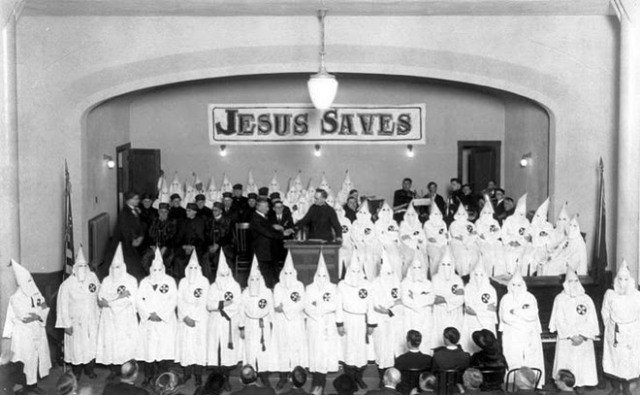Sometimes it’s not about me.
A couple years ago, I went to a writing group at the library.
It was the end of a very long day.
I needed it, not in the way that you need those 50% off sales at Kohl’s for those clothes you wear once and then use for closet decoration.
I needed it.
I was exhausted.
I was sick at people looking at me as if I could give them something.
I was sick of people looking at me, period.
I needed just an hour where I could just be another writer working on another writing project.
I opened the door and winced. Sitting in one the library’s demi-indestructible chairs, with suspiciously perfect sight lines to the front door, was Marcia.
Marcia was one of those people who I try very hard to love, generally with little success.
Life had clearly beaten on Marcia a few too many times. She was so fat she just looked like a bunch of cylinders and spheres stacked on top of each other. She had a mouth with teeth that would make a dentist cry. She radiated stench like her own personal fog.
I had met her at a community event and made the mistake of giving her our number.
She had called, almost daily ever since, leaving long, rambling, only slightly coherent voicemails about her troubles.
She waved at me.
I said hi, trying to sound like I was pleased to see her.
I walked by by as quickly as I possibly could.
I was positive that there was no way, at the end of a day like this one, that Jesus would ever expect me to have a conversation with her.
She followed.
She talked at me about her problems.
I disengaged myself with as much trained politeness as I could muster and headed to the library’s front desk.
She followed me to the front desk and talked at me about her problems.
I gave her a good thirty seconds of listening and told her I had to go.
She followed me to the writing group and talked at me about her problems.
The other people in the group started to look up.
I was getting pissed: a little at Marcia, but mostly at God, for not getting rid of this woman who I clearly did not have the energy to deal with.
She continued talking.
Her significant other/boyfriend/fiance/enemy, depending on the day, was back in jail.
She was on the street and she couldn’t sleep, the cops kept finding her spots and waking her up at night.
She told me that her stomach hurt, because she hadn’t eaten for three days.
That’s when, in the middle of swimming through the aimless torrent of woe escaping from her mouth, I realized that God wanted her to eat more than God wanted me to have my hour of peace and quiet.
It’s a good thing I’m well trained.
I took her aside and asked her if I could get her a sandwich.
Yes, she said, a sandwich with ham, cheese, lettuce; and also oil, mayonnaise, and mustard.
This did not sound like a wise dietary choice to me, but it wasn’t my stomach, so I headed over to a nearby shop to get her a sandwich.
The guy at the counter looked at me oddly when I ordered. I explained, multiple times, that it wasn’t for me.
I gave Marcia her sandwich, which looked like a yellowish soup held between two piece of bread, asking her to please eat it outside.
I went back to my writing group, which was nearly over.
She returned a little later, told me that she found someone who would take her in for the night, and shared with me, a little reproachfully, that her stomach hurt.
I was not sympathetic.
This is generally the point in a story like this when I’m supposed to say that I suddenly felt a deep sense of peace and joy at being the hands and feet of Jesus to someone else, when I was glad that Marcia had walked into my life, disrupted my plans, and reminded me how important it is to serve others. This is the point where I should tell you that I smiled, was grateful for this opportunity, and went home refreshed.
That was not what happened.
I packed up my laptop and left, telling her that she could always call and leave me a message, which is pastor-speak for “I’m too nice to say it, but leave me the hell alone.”
I received no emotional satisfaction from the experience.
I was even more tired, more strung out, and more anxious leaving than I had been going in.
But in the end, it’s not all about me.
Sometimes hungry people have to get fed and I have to be the one to do it.
We get this idea sometimes that following Jesus is a road map to joy, happiness, and success.
In the long term, I think that’s probably true.
But often times, it means setting aside our own egos, our own needs, and doing something that just plain hurts, because it’s not about us.
It’s about serving the people that God loves.
I haven’t seen Marcia many times since then.
I can’t say I regret that.
But, wherever she is, I hope God’s finding people to buy her a sandwich, no matter how it inconvenient it might be.

